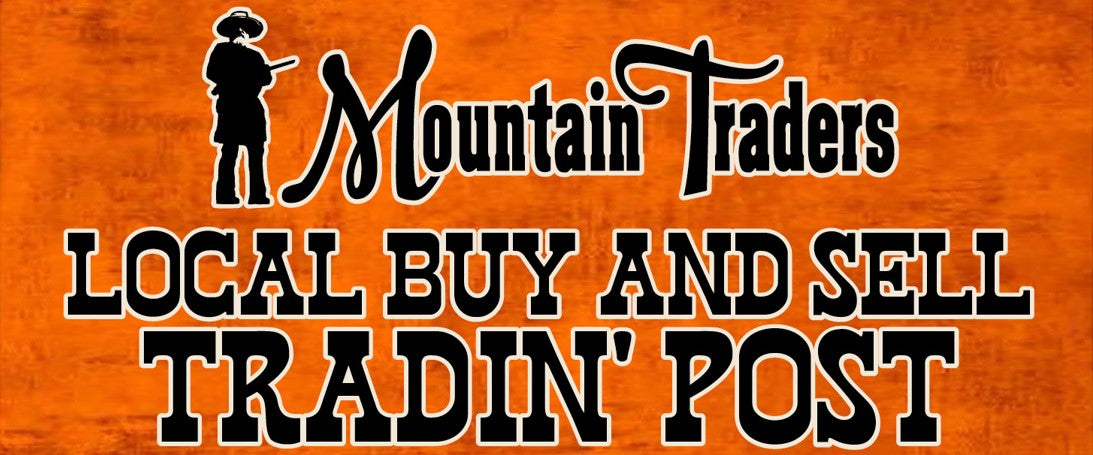Mountain Traders Idaho
Farming the Woods An Integrated Permaculture Approach to Growing Food and Medicinals in Temperate Forests by Steve Gabriel & Ken Mudge
Farming the Woods An Integrated Permaculture Approach to Growing Food and Medicinals in Temperate Forests by Steve Gabriel & Ken Mudge
Couldn't load pickup availability
The first in-depth guide for farmers and gardeners who have access to an established woodland and are looking for productive, innovative ways to create a natural forest ecosystems that produces a wide range of food, medicinals, and other non-timber products.
"What a joy to read! Nice pictures, great case studies, and well organized. . . . Farming the Woods is the source for temperate climate agroforestry."—Jonathan Bates, Owner of Food Forest Farm
While this concept of “forest farming” may seem like an obscure practice, history indicates that much of humanity lived and sustained itself from tree-based systems in the past; only recently have people traded the forest for the field. The good news is that this is not an either-or scenario; forest farms can be most productive in places where the plow is not: on steep slopes, and in shallow soils. It is an invaluable practice to integrate into any farm or homestead, especially as the need for unique value-added products and supplemental income becomes more and more important for farmers.
Farming the Woods covers in detail:
How to cultivate, harvest, and market high-value non-timber forest crops
Comprehensive information on historical perspectives of forest farming
How to mimic the forest in a changing climate
Cultivation of medicinal crops
How to create a forest nursery
Harvesting and utilizing wood products
The role of animals in the forest farm
How to design and manage your forest farm once it’s set up
Forest crops covered include:
American ginseng
Shiitake mushrooms
Ramps (wild leeks)
Maple syrup
Fruit and nut trees
Ornamental ferns
And many more!
This book is a must-read for farmers and gardeners interested in incorporating aspects of agroforestry, permaculture, forest gardening, and sustainable woodlot management into the concept of a whole-farm organism.


